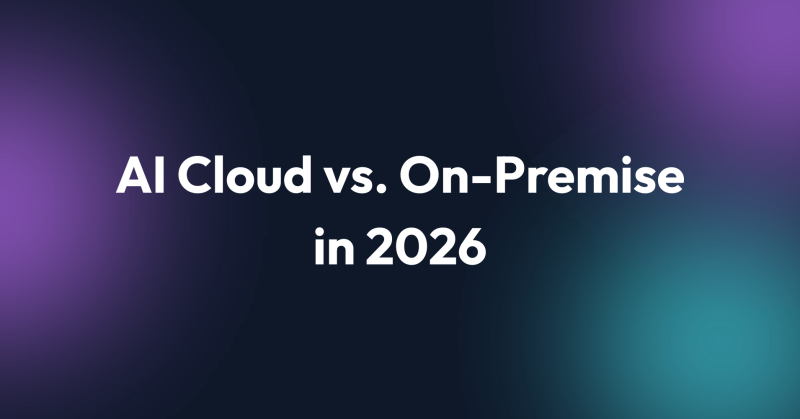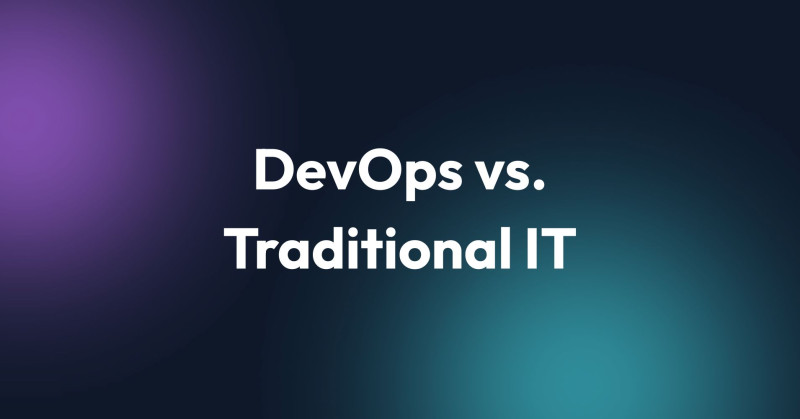As corporate accountability becomes a focal point for investors and consumers alike, the pressure on companies to deliver precise ESG reports has intensified. A recent study revealed that companies with strong ESG performance see a 10% higher valuation than their peers, highlighting the financial stakes of effective ESG audits.

To meet these demands, businesses are increasingly embracing AI-powered solutions that not only enhance the accuracy of ESG audits but also streamline the entire reporting process, setting a new standard for sustainability management.
The Challenges of ESG Audits
ESG audits are indispensable for verifying an organization’s commitment to its ESG principles and ensuring compliance with established ESG standards. Historically, ESG audits were labor-intensive, requiring auditors to comb through large volumes of documents, such as CSR reports, ESG disclosures, and sustainability reports. These manual processes were time-consuming and prone to human error, often compromising audit quality and the accuracy of ESG compliance.
The introduction of AI into the ESG audit process has brought about a significant shift. AI tools, especially AI-powered ESG audit platforms, have redefined the approach to ESG audits by automating data collection, improving data accuracy, and streamlining the entire auditing process.
AI in ESG Reporting: Elevating Accuracy and Compliance
Accurate ESG reporting is critical for organizations to demonstrate their commitment to sustainability and governance. The integration of AI in ESG reporting has proven to be a game-changer, enhancing the reliability and quality of ESG disclosures.
AI-powered ESG audit platforms automatically generate ESG reports that adhere to various reporting frameworks, such as the Sustainable Finance Disclosure Regulation, ensuring that organizations meet all necessary reporting requirements.
Read more: How to Integrate AI into Your Business?
Through AI-driven ESG management, organizations can continuously monitor their ESG performance, identify potential risks, and make informed decisions to adjust their strategies.
This data-driven approach not only improves the accuracy of ESG reports but also ensures that companies remain compliant with evolving rules and regulations.
Enhancing ESG Compliance Through AI
Compliance with ESG standards is a vital aspect of any organization’s ESG strategy. Meeting these standards requires meticulous data collection, rigorous audits, and precise reporting.
AI-powered solutions are instrumental in achieving ESG compliance by automating the auditing process, minimizing risks, and improving overall quality.
AI tools provide auditors with the capabilities to navigate the complexities of ESG audits with greater efficiency. These tools streamline the audit process, enhance the accuracy of ESG assessments, and ensure that organizations remain compliant with the latest ESG regulations.
Leveraging AI for Better Decision-Making
AI-driven analytics are empowering organizations to make better, more informed decisions based on accurate ESG data.
By leveraging AI, companies can analyze historical data, apply predictive analytics, and uncover trends that can guide their ESG strategies. This data-driven approach enables organizations to make decisions that align with their sustainability goals, stakeholder expectations, and long-term business objectives.
Moreover, AI-powered tools enhance ESG readiness by automating the collection and analysis of data, ensuring that reports are accurate and reflective of the organization’s commitment to sustainability.
This not only facilitates better decision-making but also strengthens the organization’s overall ESG strategy.
The Future of ESG Audits: AI Leading the Way
The future of ESG audits is increasingly intertwined with the continued integration of AI technologies. As AI tools become more advanced, organizations will be able to conduct more efficient, accurate, and comprehensive ESG audits, thereby improving their reporting and ensuring better compliance.
The role of AI in ESG audits will be pivotal in helping organizations meet the growing demands for transparency, sustainability, and governance from stakeholders, regulators, and investors.
AI is revolutionizing ESG audits, transforming the way organizations approach ESG reporting and compliance.
As the field of ESG continues to evolve, the integration of AI will be essential in helping organizations achieve their sustainability goals and uphold their commitment to environmental, social, and governance principles.
The future of ESG is bright, and it is being shaped by the power of AI.
ESG Reporting Powered by AI
If you're looking to elevate your ESG audits and reporting, we can help. Our cutting-edge AI solutions are designed to streamline the entire ESG audit process, ensuring accuracy, compliance, and efficiency at every step.
By leveraging AI, you can transform how your organization manages ESG data, meets regulatory requirements, and achieves its sustainability goals.
Let us partner with you to navigate the complexities of ESG audits, empowering your organization to stay ahead in the ever-evolving landscape of environmental, social, and governance standards.





















